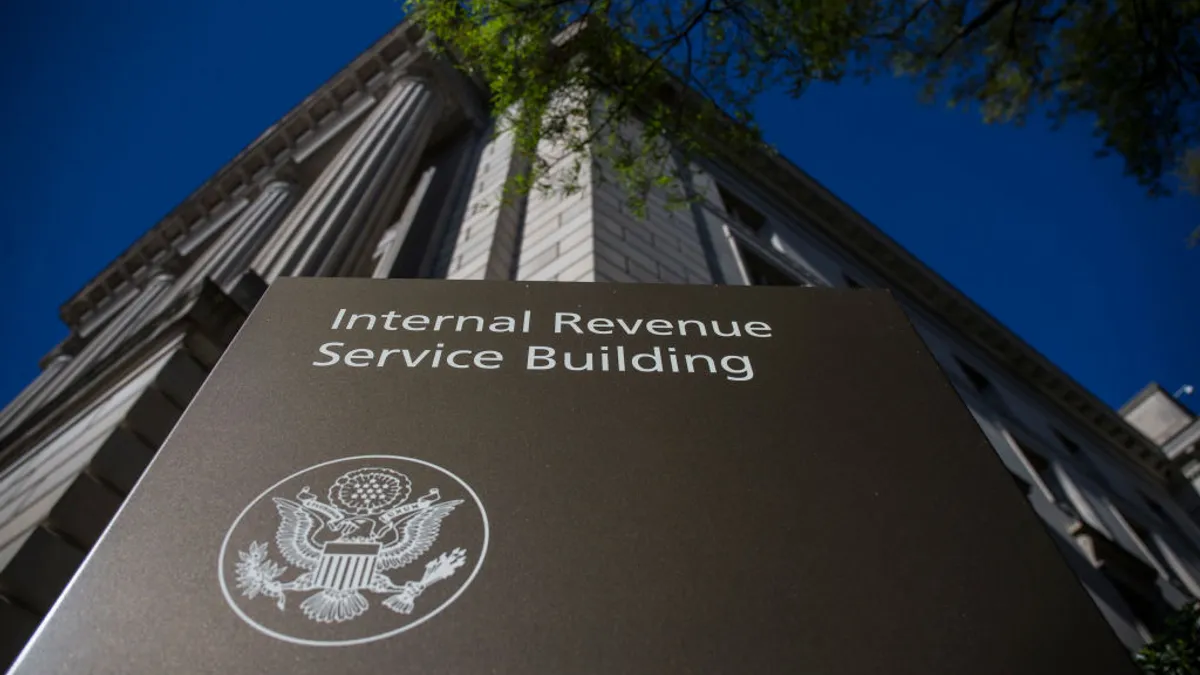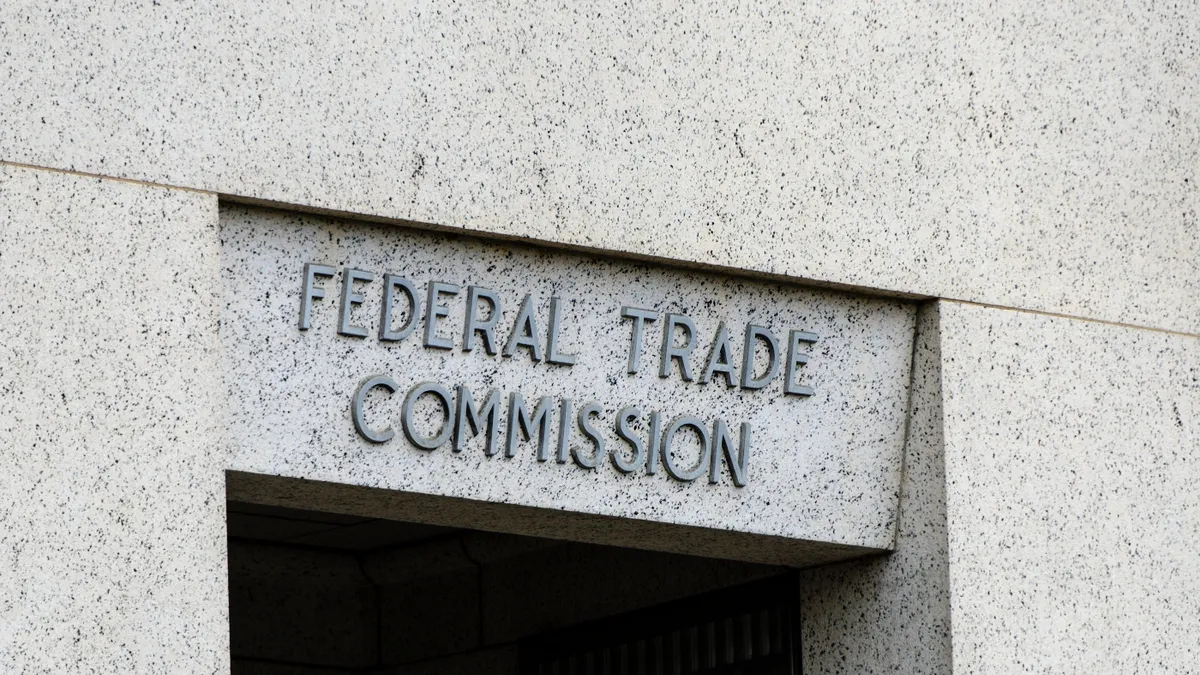CFOs need to recognize that they and their companies are in Department of Justice’s cross hairs in a way they weren’t when Donald Trump was president, legal experts are warning.
CFOs, particularly in public companies, need to make sure their businesses’ accounting is appropriate and defensible as DOJ can be expected to do more accounting fraud investigations, said New York City private corporate defense attorney Steve Feldman with the law firm of Murphy & McGonigle.
“Companies need to respond swiftly and thoroughly to indications of wrongdoing, whether from a respected manager or through an anonymous complaint hotline,” said Feldman, a former assistant U.S. attorney for the Southern District of New York in Manhattan who served for four years on the office’s Securities and Commodities Fraud Task Force. “Companies that fail to investigate potential problems which turn out to be real face more onerous consequences under this administration.”
Feldman said the tougher stance toward suspected corporate wrongdoing should come as DOJ and the Biden administration are under pressure from their supporters to react to the perception that companies were coddled under the last administration and that corporate crime proliferated.
Areas to expect prominent prosecutions include crypto and special purpose acquisition companies (SPACs), and follow-on prosecutions of corporate entities and their leaders, the attorney said.
Corporate executives will probably be targeted more by the Biden administration to counter past criticisms, such as the perception that no corporate executive was prosecuted for the mortgage crisis, he said.
Corporate crime focus
The administration’s stronger approach to corporate financial crime was put front and center at the recent American Bar Association’s annual National Institute on White Collar Crime by Deputy Attorney General Lisa Monaco.
Monaco used the occasion to announce the establishment of a Corporate Crime Advisory Group.
“It is specifically targeted on corporate malfeasance in a way we have not seen in the last few years,” said Feldman.
In creating it, Monaco said, the administration recognizes corporate crime has evolved into having an increasing national security dimension — from the new role of sanctions and export control cases to cyber vulnerabilities that open companies up to foreign attacks.
She added more DOJ resources against corporate crime are called for in the fight since criminals are taking advantage of emerging technological and financial industries to develop new schemes that exploit the investing public.
A major part of Justice’s tougher stance on corporate crime that came out of her speech was a promise to zero in on recidivism, to consider all of a company’s criminal, civil or regulatory infractions in the past when looking at a prosecution.
This may make avoiding guilty pleas more difficult for recidivist corporate entity actors, Feldman warned.
Concern over approach
But it is a move that could backfire on DOJ’s effort to get more cooperation and self-reporting from companies, according to Morgan Lewis corporate defense counsel John Pease, once an assistant U.S. attorney for the Eastern District of Pennsylvania.
Pease said the move ostensibly is to attack bad corporate cultures but with multinationals having far flung managements — from environmental businesses in Eastern Europe to those with tax issues in South America, for example — businesses could feel self-reporting wouldn’t be suitable for the corporation as a whole and could open a can of worms.
Pease said the national security element of DOJ’s stiffer approach is also likely to include more enforcement on the Foreign Corrupt Practices Act, including prosecutions for alleged bribery when a firm is accused of paying government officials in a foreign country for favors and alleged books and records misdeeds, such as listing some money as being spent on marketing that was actually used for bribes.
DOJ offices are likely to switch some attorneys who specialized in immigrants and violent crimes during the Trump years to corporate crime prosecutions under Biden.
Both Pease and Feldman called Monaco’s assertion that DOJ would increase the use of monitors, such as retired judges, to oversee corporation’s adherence to agreements with prosecutors, as significant.
This means that companies who enter into deferred prosecution agreements or non-prosecution agreements with DOJ are much more likely than under Trump to face the ongoing scrutiny of a monitor, who will closely watch how the company remedies the problems of the past, said Feldman.
He called a monitor, who is paid for by a company, “a lot more onerous tool.”
Increased personal risk
A further enhancement of corporate enforcement Monaco announced in her speech is requiring companies who attempt to cooperate with the government to provide information about every employee involved in the criminal activity, even those whose activities in the wrongdoing was minor.
Feldman said this will make it difficult for individuals to avoid DOJ scrutiny.
At the start of the Biden term in January, the law firm of Skadden, Arps, Slate, Meagher & Flom put out a memo indicating Justice had already signaled Trump administration policies that reflected a more business-friendly approach to corporate prosecutions will likely be revised or abandoned.
“In the Biden Administration, the DOJ, SEC and CFTC, whether acting alone or in coordination, are likely to take a more aggressive enforcement approach toward major banks and corporations and to devote additional resources to the initiation and pursuit of investigations,” the memo said.


















